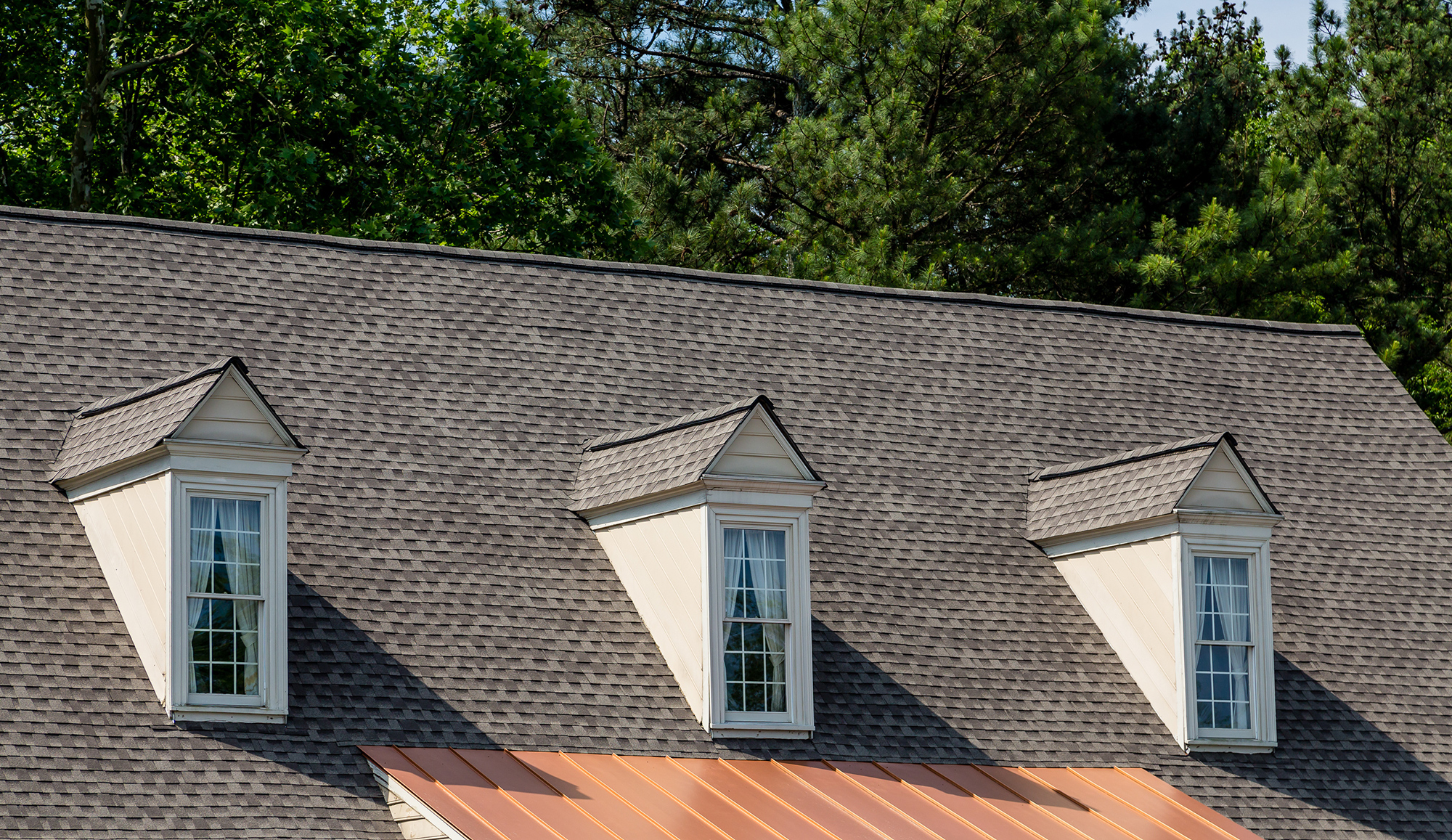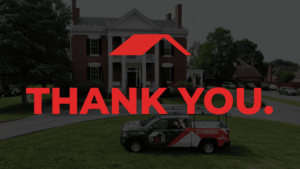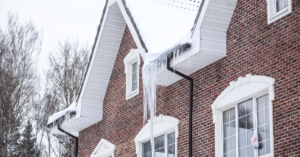Severe weather can come with little notice and damage your roof, leaving you in an urgent situation to replace your home’s protective layer. Or, your roof may be approaching the end of its lifespan and it’s time to find a reputable roofer. Regardless of the cause, if you’ve never had to replace your roof before, it can feel overwhelming.
The good news? You can learn some roofing basics that will equip you to take the best steps to replace your roof with confidence.
Here are the answers to some frequently asked questions about roofing.
Answers to Common Questions about Roof Replacement
1. How do I know if my roof needs to be replaced?
If you have asphalt roofing shingles, here are the most obvious signs that it’s time to replace your roof:
- Your roof is 20-25 years old or more
- Your roof shingles appear to be curled, cracked, or blistering
- Granules from your asphalt shingles show up in your gutters and your downspout
- There are missing shingles on your current roof
- You have obvious water damage (leaks, mold or mildew) due to a compromised roofing system
2. How long do most roofing systems last?
It’s wise to have your roof inspected annually to ensure it stays in optimal shape and to know when to plan for your roof replacement. Understand that the weather conditions your current roof has endured will directly impact how long it lasts. With proper installation and regular maintenance (and repairs if needed), your asphalt roof should last 20-30 years. Metal roofing can last 30-70 years, depending on how it was installed and maintained.
3. Does my homeowners’ insurance cover roof damage?
Insurance covers roof damage when the damage occurs due to extreme weather events such as snowstorms, hailstorms, and severe thunderstorms. Fallen tree limbs caused by severe storms or strong winds that cause roof damage should also be covered by insurance. Note: homeowners insurance doesn’t typically cover your roof replacement just because it leaks. They look at the cause of the leak to determine if your replacement will be covered (or not).
4. What are my choices when it comes to roofing material?
While asphalt shingles have been the most popular roofing material for years, there are now several other options with benefits homeowners love.
Consider things like curb appeal, durability, longevity, and the maintenance needs of your material selection. Choose from architectural asphalt shingles or luxury asphalt shingles, standing seam metal shingles, impact-resistant shingles, composition shingles, solar panels, and more. The best material for your roof is the one that will meet your needs.
5. Why are there black streaks on my roof?
When you live in a humid climate, discoloration or streaks can appear on your roof. They are caused by airborne algae that can grow and feed on asphalt shingles. This unsightly, dark growth makes streaks on your roof. The good news? They can be removed by washing them off. For your safety, it’s smart to contact professionals to do this.
6. How much will a new roof cost?
There are a variety of factors that go into a roof replacement that impact the cost—primarily the replacement material you choose (asphalt, metal…). The size of your home and its architectural detail are also major contributors to your total cost.
7. What type of warranty will my new roof come with?
Two warranties will protect your roof investment:
- Manufacturer’s warranty—This will vary based on the material you choose for your new roof. Asphalt and metal roofing come with a manufacturer’s warranty, while cedar shake and slate roofing don’t because they are made of natural materials.
- Workmanship warranty—Make sure the company you hire to replace your roof includes at least a 10-year warranty on their labor.
8. Do I need to replace my roof if it is leaking?
The age of your current roof and the amount of roof damage that caused it to leak will directly affect whether you need a roof repair or a full roof replacement.
9. How long will it take to get my new roof installed?
When you meet with your contractor prior to scheduling your roof installation, ask for a timeline for your project. The weather, your roofing material choice, the size of the crew, the architectural detail of your home, how easy it is to access your roof, and your home’s size factor into your installation timeline. In general, most roof replacements should take about a day or two.
10. How do I locate a reputable roofer?
Your roof directly impacts your home’s structural integrity and is a vital ingredient to the protection of your property, you, and your loved ones. Take time to vet at least three contractors before deciding which roofing company to hire. Make sure they are licensed, insured, and have an office with a physical address. Read reviews and ask for a written estimate before moving forward with the roofer of your choice.
11. What steps are involved in the roof replacement process?
Your current roof will be inspected. If you need a new roof, your old roofing material will be removed and disposed of. If any repairs are needed under your old roofing material, they will be done. Your new roofing system will be installed with precision. Your yard will be cleaned so there are no nails or debris left that could cause an accident or injury. Your new roof will have its “final inspection,” ensuring it was installed properly.
Reliable Roof Replacement for Your Home
Don’t risk the possibility of costly repairs to your home due to a damaged or worn-out roof. Get a roofing replacement you can trust for years to come.
At Best Choice Roofing, with over 60,000 successful roofing projects under our belt, you can rest at ease that your roof will be installed with precision, delivering the long-term performance and curb appeal you deserve.
Learn more about our roofing services.




